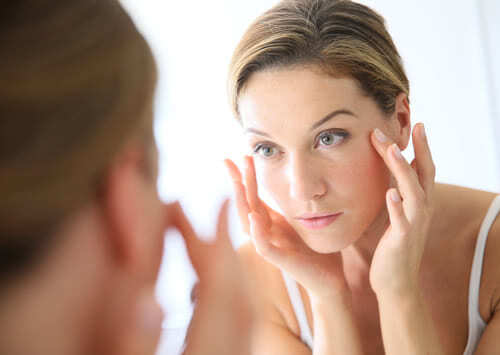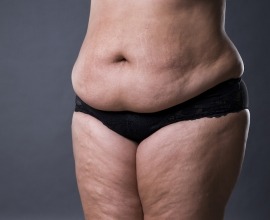Turning 40... Is Now the Time for Face lift?
Forty... The age when we start caring – first of all, about the future of our look. Facial ageing changes start to become noticeable in the late 30th for most people. That's why forty is really a frontier when we usually first consider going for facelift. The question is whether forty is truly the right time for it?
Age is More than a Number...
… When it comes to facelift. Yes, there's such a thing as being too young for a facelift – it's not recommended to perform it on those younger than 35. Other than that, a patient's individual “profile” (health condition, body type, lifestyle, heredity...) is what is much more important than age.
A person's chronological age often doesn't reflect the age of their skin. For example, a smoker who has spent a lot of time in the sun will probably see signs of ageing much earlier than most people. On the other hand, another person may be genetically predisposed to having youthful skin into their 50th or 60th. That's why the right question to ask yourself when turning forty is not whether it's the time for a surgery, but whether there're visible ageing changes that can be corrected with a facelift.
One more factor to take into account. The younger a patient is, the better the elasticity of the skin, which may promote longer lasting results. Having first facelift in the late 40th is more beneficial than having the one in the 70th when the skin tone is already somewhat loose...

The US Experience
A recent study published in Plastic and Reconstructive Surgery, a journal of the American Society of Plastic Surgeons, looked at the age patients chose to have a facelift and compared it with their long term satisfaction. The results were surprising. Younger patients had longer lasting effects from their surgery and were more satisfied.
The women in the study were grouped by age, under 50, 50-60, and over 60. The surgeons examined before and after photographs of these women to see if the facelift provided positive consistent change in their look. The observation went hand in hand with the patient satisfaction survey. Women who had undergone facelift before the age of 50 had maintenance of their youthful appearance for many more years than those in the two older categories!
Facelift for Men
It's a very big misconception thinking that all plastic surgery patients are women. Over the last few years, there's been a huge boom in men's aesthetic surgery. You might have noticed that many clinics of plastic surgery, especially in the US, had created a separate web-page on their websites exclusively for male patients.
However, facelift is not among the most popular male surgeries. More often, men go for liposuction, breast reduction or eyelid surgery. The reason probably lies behind man's wrong thinking that facelift can negatively affect their masculine look, and that it takes them away from a tough-guy image...
Surprisingly, facelift on men is a more sophisticated surgery than the one on women. For example, it lasts longer; incisions are done in different places and are harder to hide as men have shorter hair (if any)... Also, in order to keep a “masculine look”, a surgeon can on purpose leave some reality on a man's face – i.e., wrinkles.
However, when it comes to age, the recommendation is the same as it's for women – age is a second factor to take into account when deciding on a facelift.
Ask Your Surgeon
Yes, it's advantageous to have rejuvenation surgery before ageing is severe. Also, your surgeon is the one to create a customized plan for a facelift which takes into accounts all individual factors. Patients are always encouraged to bring to the consultation pictures of themselves from ten or more years ago so that the doctor can plan the facelift to “restore” a younger version of themselves.
An American actress Lucille Ball once said: “The secret of being young is to live honestly, eat slowly, and lie about your age”. Facelift is definitely one of those procedures that helps you – of course, not lying about your age, but simply being young.

Sources used:














